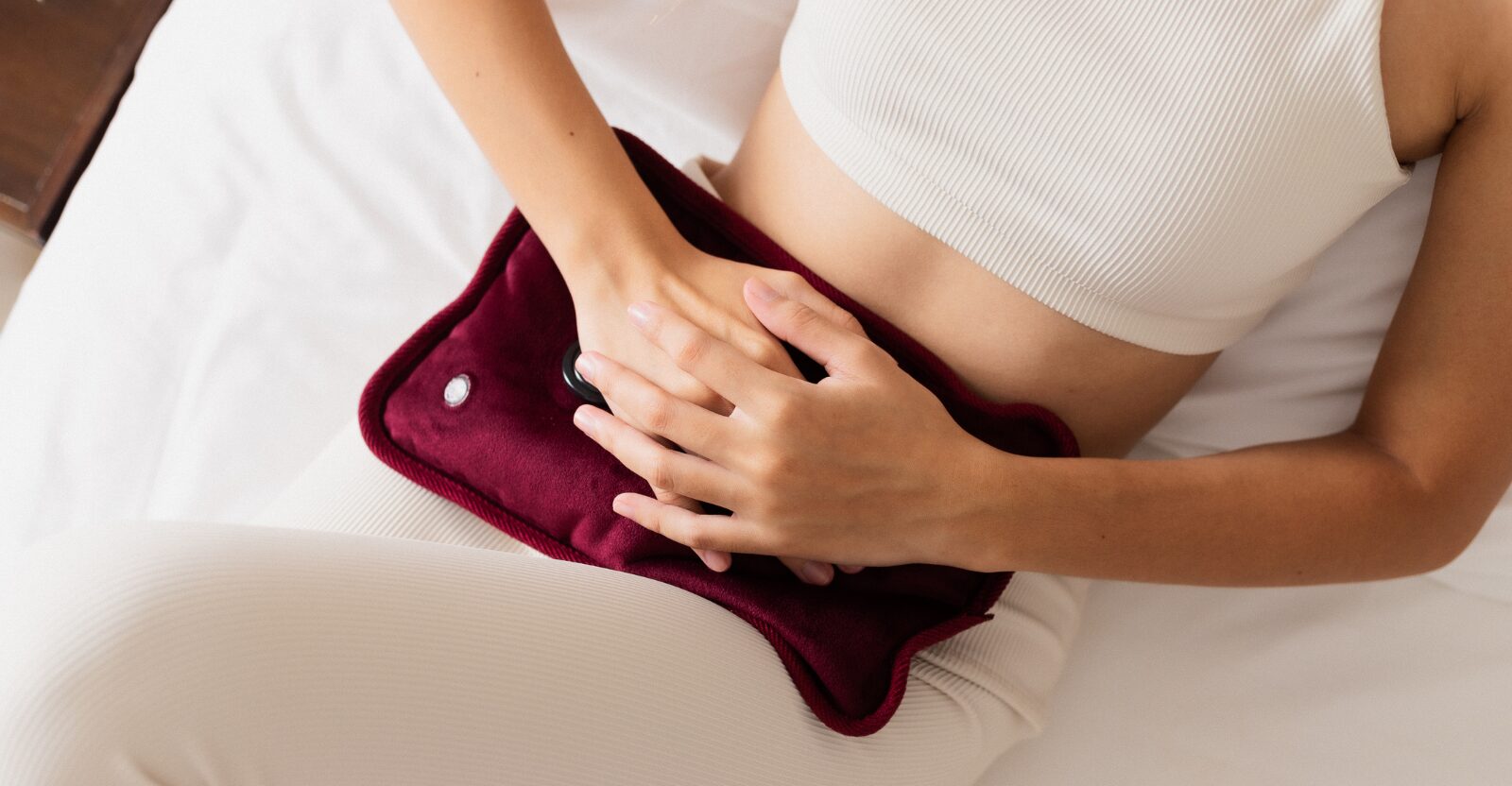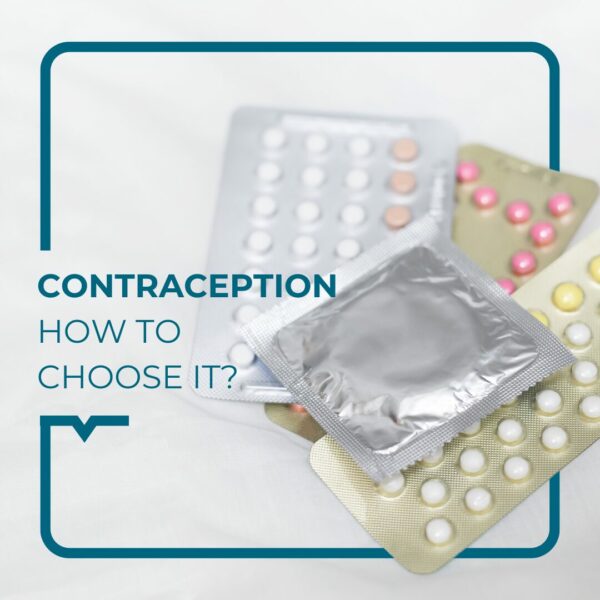Your 16-year-old daughter complains of stomach pains every month.
This happens just before her period and sometimes lasts for a few days afterwards.
This pain is most likely due to her period.
In fact, painful periods is called dysmenorrhoea.
Hello, this is Dr Joy,
Let me tell you more about it.
Vamos !
Symptoms of period pain
These pains usually last for one to three days and occur at the same time as the bleeding and reach their peak when the bleeding is heaviest. However, it may be felt a little before the period and sometimes lasts a little longer afterwards. They are cyclical and therefore return with each period.
Period pains occur in the lower abdomen (pelvis), and may extend to the back and thighs.
The intensity of the pain varies from person to person, ranging from simple discomfort, to moderate or severe cramp-like pain, to spasms in the lower abdomen, to preventing some women from carrying out their usual activities.
It can be accompanied by other symptoms than just a stomach ache. These include:
- Nausea, vomiting
- Migraines
- Diarrhoea
- Fatigue
- Feeling unwell.
If your pain is unusually severe and the blood flow requires you to change your pads 6 times a day, contact a doctor within the day.
Possible causes of the pain
There are two forms of dysmenorrhoea with various causes.
The first appears in adolescence, known as primary dysmenorrhoea, and is generally not serious. It is very common and can be caused by an excess of prostaglandins.
The pain is made worse by:
- Early onset of menstruation,
- A family history of dysmenorrhoea
- Not having had a pregnancy (nulliparity).
It is important to note that smoking has an aggravating role.
The second occurs later, in adulthood. This is known as secondary dysmenorrhoea. It is more likely to be caused by a disease.
In case of severe pain in adulthood, a cause is always investigated.
These pains can therefore be caused by:
- Endometriosis
- A uterine fibroid
- Polyps of the uterine endometrium
- A copper intrauterine device (IUD)
- A change in hormonal contraception.
- Etc.
Relieving your painful periods
Once the period and the pain are present, you have to continue to cope with everyday life. And this is not always easy. There are various ways of relieving your pain.
1. Medical treatments
In primary dysmenorrhoea due to an excess of prostaglandins, the pain eases over the months and can be relieved by analgesic or anti-inflammatory treatment.
- Anti-inflammatory drugs: Non-steroidal anti-inflammatory drugs are the preferred drugs for treating dysmenorrhoea in the absence of contraindications. It is recommended that they be taken from the onset of menstruation, in case of pain, and continued until the symptoms disappear, while respecting the maximum dosage.
- Antispasmodics: Phloroglucinol-based antispasmodic drugs can be effective in relieving pain associated with uterine contractions.
- Hormones: In some cases, doctors may prescribe estroprogestogen pills or medicines containing a progestin.
2. Alternative medicines
If you prefer to take it easy, here are some alternatives to medication.
- Sophrology: this is an excellent way to relax and let go. This natural method allows the body to relax and will relieve menstrual pain naturally.
- Lemon balm tea: it is a digestive antispasmodic and nervous system relaxant. It also has an analgesic action that will help to relieve the pain associated with menstruation.
- Hot water bottle: a must in case of painful periods. The warm effect relaxes the muscles of the lower abdomen and reduces period pains.
This is because the blood vessels are dilated, which improves blood circulation and reduces contractions.
Once the hot water bottle is placed on the painful area, the relief effect is almost immediate. And all this without being harmful to your health.
Also, don’t neglect bed rest with a hot water bottle on the abdomen, as this will help relax the contracted lower abdomen.
You know all about your painful periods, or those of your teenagers. You have all the information you need to limit and counteract these pains.
Ate ja,
Dr Joy
This information is not a substitute for medical advice.
You must seek the advice of your doctor or another qualified health professional with any questions you may have regarding your health condition.
Sources :
Améli. fr —La survenue de douleurs pendant les règles
Vidal.fr — Règles douloureuses
msdmanuals.com — Crampes menstruelles



